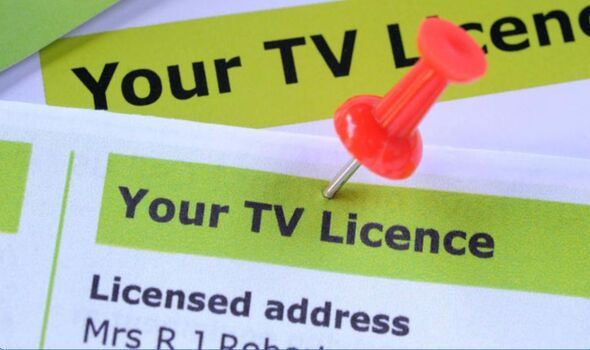Unveiling the Impact of New BBC TV Licence Rules: A Closer Look at Price Increases

UK households have been hit with a rise in TV licence fees, with costs set to rise by £5 to £174.50 per year from Tuesday, April 1st. This increase, which is in line with the current Royal charter governing BBC's funding, comes at a time when living costs and energy prices are soaring, adding further financial strain on consumers.
Potential Impact on Streaming Services
Amid ongoing debates about the sustainability of the BBC's funding model, significant changes could soon impact users of streaming services like Netflix and Disney+. With the existing Royal charter due to expire in 2027, ministers are mulling over extending the TV licence fee to include these platforms, reflecting the shift in media consumption habits. The Royal charter forms the basis of the BBC's operational and governance agreement with the Government. As its expiration looms, there's a push to modernise how the public broadcaster is funded.
Government Proposals for Financial Stability
The price adjustment on April 1 mirrors the inflation rate, but it also paves the way for wider discussions about the BBC's financial future. Insiders have hinted at government talks about potentially requiring streaming service subscribers to contribute to the licence fees, aiming to adapt the funding model as more viewers gravitate towards on-demand content reports the Express. The government is exploring new avenues to ensure the BBC's financial stability in the digital era, including the possibility of introducing advertising on the BBC, levying specific taxes on streaming services, or even charging listeners of BBC Radio. These proposals mark a significant shift in approach as the government aims to secure the broadcaster's future.